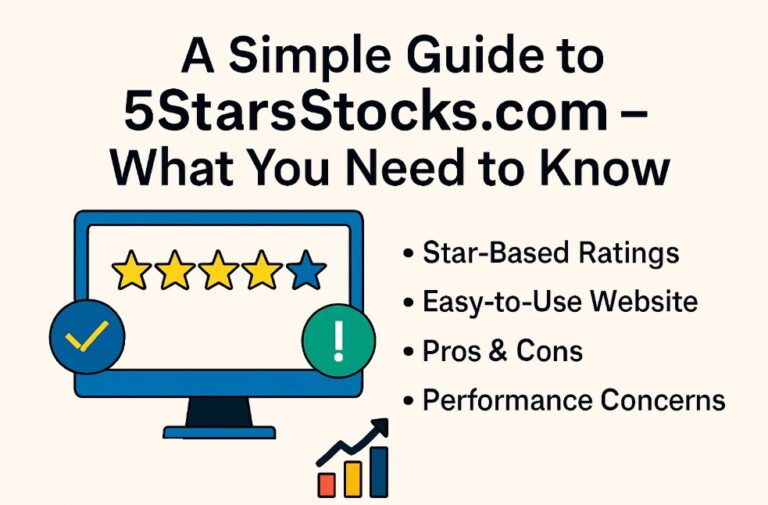Understanding ROI in Luxury Vacation Rentals: What You Need to Know
This blog explains how to measure and maximize returns on luxury vacation rentals. Learn key strategies to boost profitability and smart investments.
Have you ever wondered if owning a luxury vacation rental can truly bring in great profits? Many investors dream of turning stunning properties into steady sources of income, but success depends on knowing how to measure returns.
Understanding ROI in luxury vacation rentals helps you see if your investment is working for you. It also shows where you can improve to earn more.
By the end of this guide, you’ll know how to calculate returns, boost profitability, and make smarter decisions for long-term success.
What ROI Means for Vacation Rentals?
Return on investment, or ROI, measures how much profit you make compared to what you spend. For vacation rentals, it tells you if your property is making money or losing it.
You calculate ROI by dividing your net profit by your total investment, then multiplying by 100. This gives you a percentage that shows how well your property is performing. A higher ROI means your property earns more compared to what it costs.
Factors That Affect Your ROI
Several things influence how much you earn from your luxury vacation rental. Location is one of the biggest factors. Properties near beaches, city centers, or famous attractions often earn higher returns.
The quality of your property also matters. Modern design, clean spaces, and attractive amenities make guests more likely to book again.
Seasonal demand affects your income, too. Rentals in tourist areas may earn more during peak seasons and less during off months.
Smart Ways to Boost Profitability
To increase your ROI, focus on improving both guest satisfaction and property efficiency. Updating furniture, adding new features, or improving lighting can make your rental stand out.
Cleanliness and comfort should always come first. Guests are willing to pay more for a space that feels special and well cared for.
Pricing strategy also plays a big role. Research nearby rentals and adjust your rates based on demand. Offering discounts during slow months can help keep your property booked year-round.
Managing expenses wisely helps, too. Keep track of cleaning, maintenance, and utility costs to avoid surprises that cut into profits.
The Role of Professional Management
Many owners find that using property management for luxury homes helps improve results. Professionals handle bookings, maintenance, and guest communication, which saves time and ensures smooth operations.
They understand the market and can adjust pricing to match trends. With expert help, your rental can stay competitive while you enjoy a more passive income stream.
These experts also help maintain high guest satisfaction by ensuring every stay meets top standards. Their experience reduces costly mistakes and improves the overall efficiency of your rental.
Measuring Long-Term Success
ROI isn’t just about short-term gains. It also helps you plan for the future. Tracking your returns over time shows if your investment is growing. Reinvesting part of your earnings into upgrades or marketing can increase your property’s value.
Paying attention to guest reviews also guides improvement. Positive feedback builds trust, which attracts more guests and boosts occupancy rates.
Building a Profitable Future in Luxury Rentals
Owning a luxury vacation rental can be both rewarding and profitable when you understand how ROI works. By tracking your returns, improving your property, and managing expenses carefully, you can enjoy steady growth and lasting success.
A clear plan helps you make better choices and reach your financial goals with confidence. With time and effort, your rental can become a trusted source of income and pride. Staying informed and open to change ensures your investment continues to grow.
Did this guide help you? Browse the rest of this section for more advice on a variety of topics.






